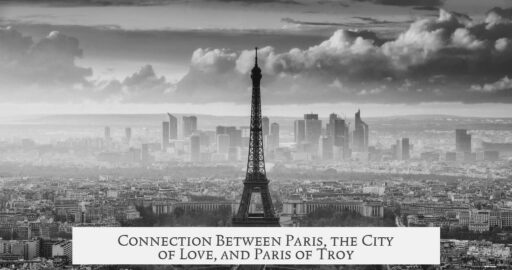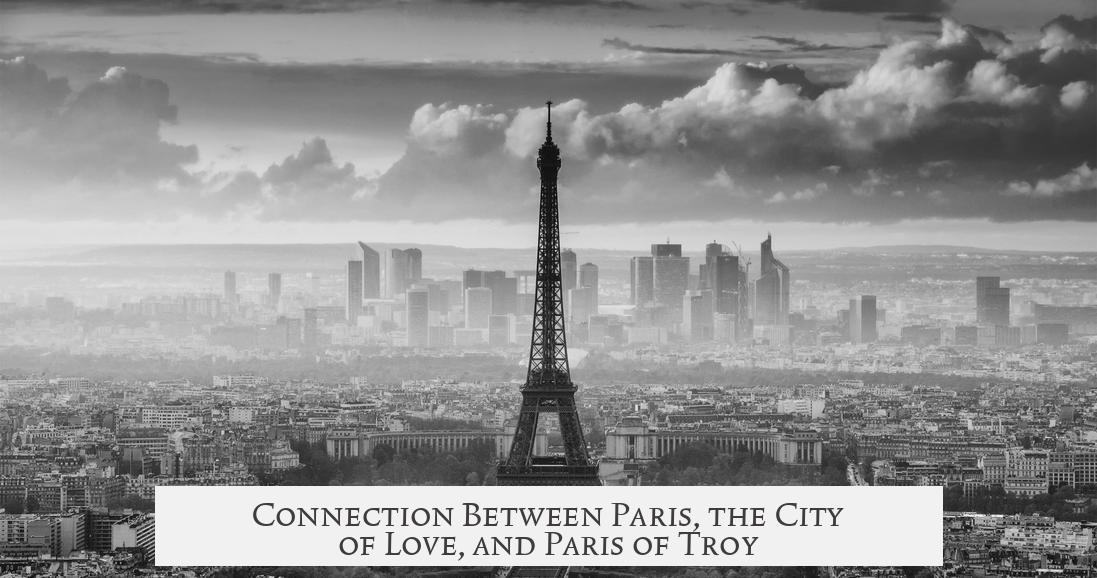The nickname “City of Love” for Paris, France, does not originate from Paris of Troy, despite the mythological figure’s link to Aphrodite, the goddess of love. The city’s name comes from the Parisii, a Celtic tribe who inhabited the area. This naming is independent from the Trojan prince Paris, whose name has Luvian roots and means “outstanding.”
The Paris of Troy is a figure in Greek mythology. He is famous for his role in the events leading to the Trojan War and his association with Aphrodite, whom he favored in a divine contest. However, this character’s name and story have no historic or linguistic connection to the French capital.
The French city emerged from the Parisii tribe during the Celtic period, long before much of the classical myth was known or applied. The word “Paris” as used for the city derives from this tribe’s name, unrelated to Greek or Trojan etymology.
This similarity in naming is a coincidence, an example of unrelated words that share phonetic elements by chance. Many place names and words around the world sound alike but do not share origins. For instance, the herb “paris” derives from Latin for “equal” and has no connection to either the city or the Trojan figure.
The nickname “City of Love” for Paris, France, is a modern romantic branding. It comes from the city’s reputation for romance, art, culture, and romantic landmarks like the Eiffel Tower and the Seine River. This cultural image links it to love but is not tied to any mythological Paris.
- The city’s name comes from the Celtic Parisii tribe, unrelated to mythology.
- Paris of Troy’s name stems from a Luvian word meaning “outstanding.”
- Shared names often appear by coincidence without connection.
- The “City of Love” nickname is a modern cultural development, not a mythological reference.




